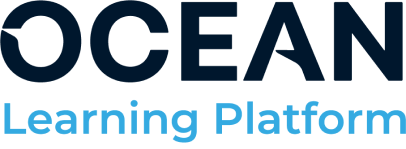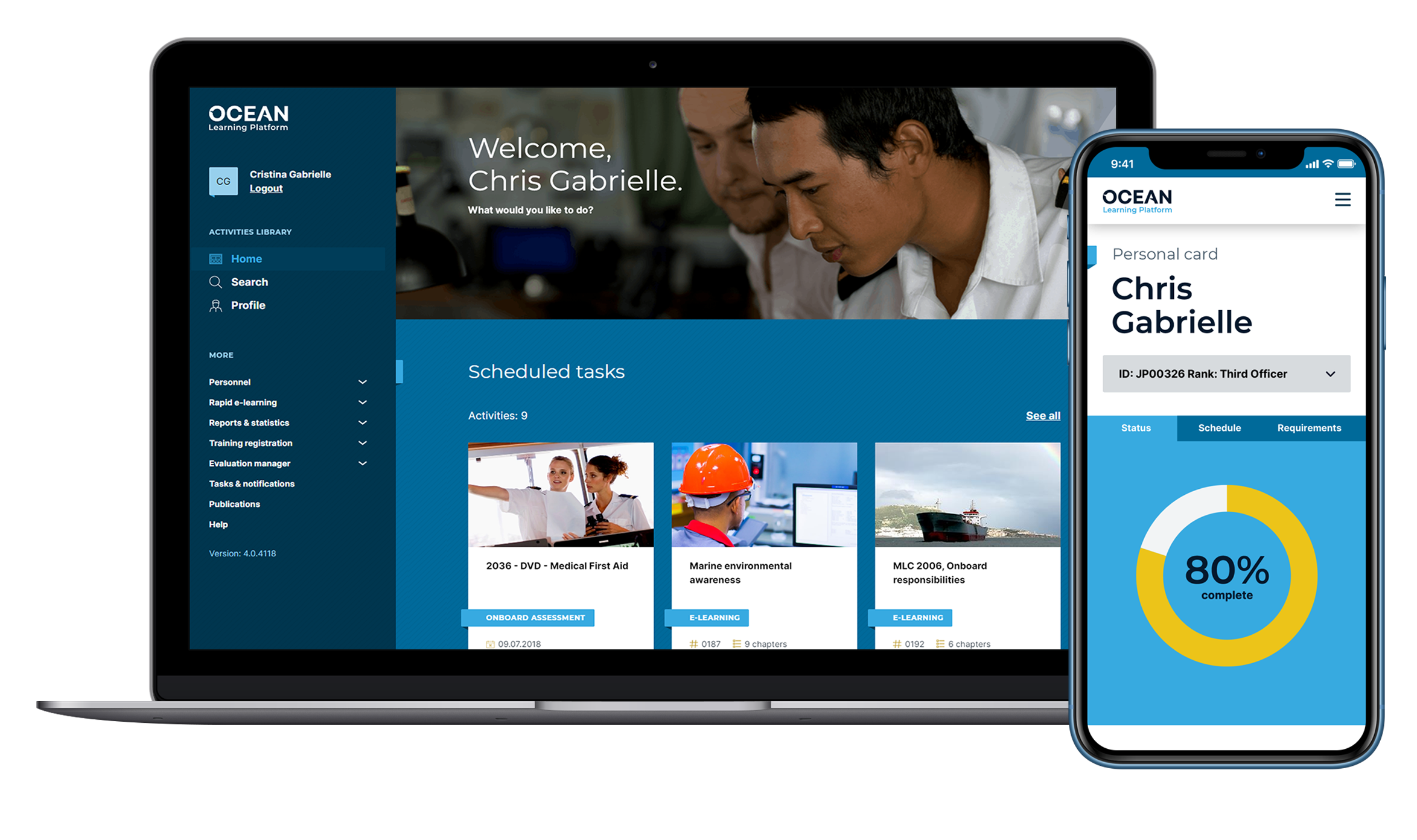Summary of the Marine Environment Protection Committee 79th Session
Tackling Emissions at MEPC79
Reducing emissions from ships is important on many levels and the International Maritime Organization (IMO) Marine Environment Protection Committee (MEPC) plays a key role in driving climate change action. Setting out the cuts to emissions which demonstrate a positive commitment to protect the planet.
As a result of the ongoing work on emissions reduction, the global fleet must meet increasingly stringent regulations for air pollution. Ships must also meet efficiency standards to reduce their emissions. While some measures, such as optimising voyage routes and speeds, the application of training and new insights for seafarers, using ships more efficiently, and retrofitting ships with more efficient means of propulsion, are relatively simple, there are many political pressures to be managed too.
Overall, the path to making the reductions needed has not proven straightforward. However, it was in the spirit and intention of progress that the International Maritime Organization (IMO) Marine Environment Protection Committee (MEPC 79) came together for its biannual meeting, to assess and review existing and proposed IMO conventions, regulations, and guidelines. As well as to consider and adopt new and revised measures, providing guidance and technical assistance to member states.
The latest meeting has seen pressure ramp up even further as the demands of nations, lobbyists, civil society and even protestors build to a crescendo. The MEPC79 focus was on aligning UN goals and developing mechanisms to match the agreements laid down in COP27 in Egypt, while also managing the technical demands of the response.
It is one thing to make agreements and to rally to the climate cause, but it is another matter to actually deliver. Ultimately, despite procedural progress in MEPC79, many key targets have still yet to be decided. Delegates failed to agree interim targets for 2030 and 2040, or a zero-emission or net zero target by 2050. Which is important as the IMO’s current goal, to cut emissions by half by 2050, does not meet Paris Agreement goals to limit warming to 1.5° Celsius.
There was also disagreement over whether to upgrade the 2050 goal, as well as any new targets for cutting the carbon intensity in shipping by 2030. Indeed, a range of technical and economic measures to support the use of zero-emission fuels in the medium term, including levies on fuels or taxes on carbon, were discussed but none agreed.
There was also pushback on the use of green shipping corridors, according to a summary of views expressed in the working group and published in the final report of the MEPC. It was stated that these, “undermined shipping’s international nature and would likely cause market distortion”, according to some views within the working group.
MEPC79 sought consensus and technical fixes for emissions, while revising the initial IMO greenhouse gas (GHG) strategy. Finding the mid-term measures which will move everything forward. Steps which include new designated emission control and particular sensitive sea areas, and new proposals for onboard CO2 capture, bunker fuel licences; biofuels and NOx emissions; and exhaust gas cleaning systems (EGCS).
There has also been much work done on marine fuel lifecycle guidelines, which is ultimately considered pivotal to the ultimate zero-emissions change. The development of an initial list of fuel pathways and the creation of a working group on the Reduction of GHG Emissions from ships, which is set to be finalised by MEPC80, focuses on creating a roadmap to guide nations and stakeholders in the transition to a more sustainable energy future.
This again ties in with UN developments, as the UN Future Fuel Pathway is a global initiative to place the world on the path to achieving 100% renewable energy by 2050. A dedicated marine fuel approach will produce a range of specific recommendations, from improving data collection and analysis to providing incentives and support for research and development, to helping to enable the transition to sustainable fuels.
This roadmap provides a framework to identify, analyse and prioritise actions that can reduce emissions, improve energy efficiency and access, and provide access to renewable and clean energy sources. It will also seek to identify and promote best practices and policies that can help countries accelerate the transition to a more sustainable energy future.
There are concerns that some owners have been hesitant to make the necessary switches in the short term, based on uncertainty about which future fuels would be realistic commercial options, and which others would fall by the wayside.
The development of Lifecycle GHG assessment guidelines (LCA guidelines) will ultimately allow for a Well-to-Wake calculation, including Well-to-Tank and Tank-to-Wake emission factors, of total GHG emissions related to the production and use of alternative marine fuels. This will allow a realistic view of the impact of fuels, the economic costs of use and also the technical usage requirements imposed.
As the work and focus now shift to 2023, MEPC80 will be pivotal in taking the work plans forward. The shift to zero emissions is accelerating, and it is through the layering of agreements, technical advances and desire for change that shipping will become ever cleaner and greener, with zero emissions and a collaborative consensus built around even more efficiencies.

The ultimate in maritime e-learning
Accessible, repeatable, measurable – a learning solution for the 21st century vessel, available wherever you are in the world.

Discover Ocean Learning
Transform your business today with the power of e-learning.
Explore our solutions
Competency Management System
Rapid E-Learning
Performance Appraisal
Pulse Survey
OLP App
The ultimate in maritime e-learning. Accessible, repeatable, measurable – a learning solution for the 21st century vessel, available wherever you are in the world.
Virtual Classroom
Cloud Simulation
Training formats explained
Pricing
Explore Ocean Learning Library
Certified Maritime Training Courses

Powered by the most recognised providers of e-learning in the maritime world.
Get peace of mind selecting teams you can entrust with the care of your people, the environment, cargo and vessels.
Assessment Solutions
Crew Evaluation System (CES)
Marlins English Language Testing
Facet5 Personality Testing
Ability Profiling APRO
Remote Proctoring AI
Our crew management solutions provide comprehensive coverage of the entire maritime HR function of today’s commercial vessel operator.
Crew Management Solutions
COMPAS
Our fleet management solutions empower operational teams with insights and workflows that drive improved vessel performance.
Fleet Management Solutions
TM Master
Resources
News
Insights
Events
About us
Who we are
Our Solutions
Why choose us?
Board of Directors
Executive Team